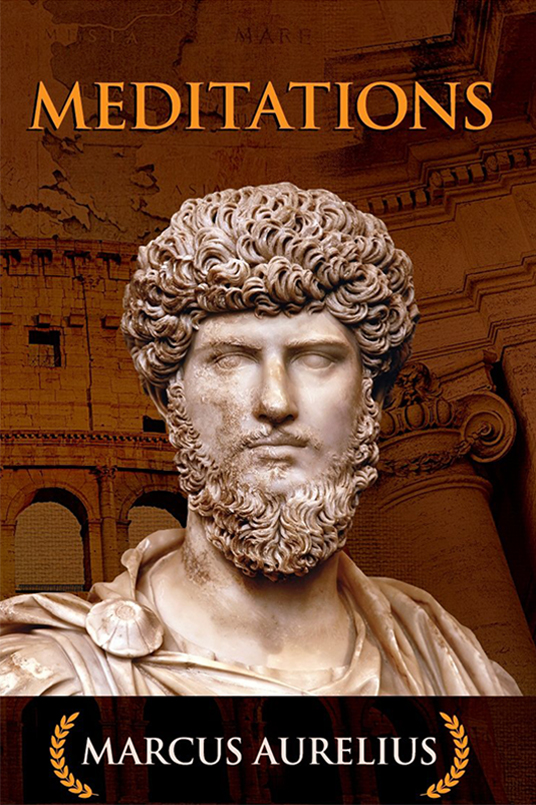This is the best book I read in March 2020. It will likely become one of my top books of all-time.
This is a book that I’ve been meaning to read for a while. For some particular reason, we find a way to procrastinate those books that we know we should read. Reminder: Whenever there’s a book that is recommended by almost every thought leader or influencer that you follow, and that it’s on several top-books, then you should immediately add it to the books you are currently reading. Period.
It’s amazing to experience how Marcus Aurelius, almost 2000 years ago, was experiencing and dealing with the majority of the fundamental problems that we still face. Also, it’s insightful to see the way he writes. Basically, he’s having a conversation with his several “selves” to dig deeper into understanding himself, and why he has certain thoughts/feelings in certain situations, before deciding to do something about it.
The book is a reminder and an invitation to make more time for reflection and for thinking.
Flow: 5/5, could easily be read in a day or two although I would not recommend it so that you have time to digest the wisdom.
Actionability: 5/5, although there are no step-by-step or how-to instruction, you will get many actionable insights on how to deal with the obstacles you are facing.
Mindset: 5/5, this book will change the way you see life as a whole.
Some of My Highlights:
-
“But philosophy also had a more practical dimension. It was not merely a subject to write or argue about, but one that was expected to provide a “design for living” – a set of rules to live one’s life by.”
-
“This is the doctrine of the three ‘disciplines’: the disciplines of perception, of action and of the will.”
-
“Human society is a single organism, like an individual human body or a tree. But the trunk of the tree is not to be confused with the leaves, or the hands and feet with the head.”
-
“Objective judgment… Unselfish action… Willing acceptance… of all external events.”
-
“… because he looked to what needed doing and not the credit to be gained from doing it.”
-
“You could have said of him (as they say of Socrates) that he knew how to enjoy and abstain from things that most people find it hard to abstain from and all too easy to enjoy… the mark of a soul in readiness-indomitable.”
-
“Remember how long you’ve been putting this off, how many extensions the gods gave you, and you didn’t use them… that there is a limit to the time assigned to you, and if you don’t use it to free yourself it will be gone and will never return.”
-
“To be disgruntled at anything that happens is kind of secession from Nature, which comprises the nature of all things.”
-
“…even the smallest things ought to be directed toward a goal.”
-
“Not just because we move daily closer to death but also because our understanding – our grasp of the world – may be fone before we get there.”
-
“We should listen only to those whose lives conform to nature.”
-
“To stand up straight – not straightened.”
-
“No random actions, none not based on underlying principles.”
-
“…you can get away from it anytime you like. By going within.”
-
“That things have no hold on the soul. They stand there unmoving, outside it. Disturbance comes only from within – from our own perceptions.”
